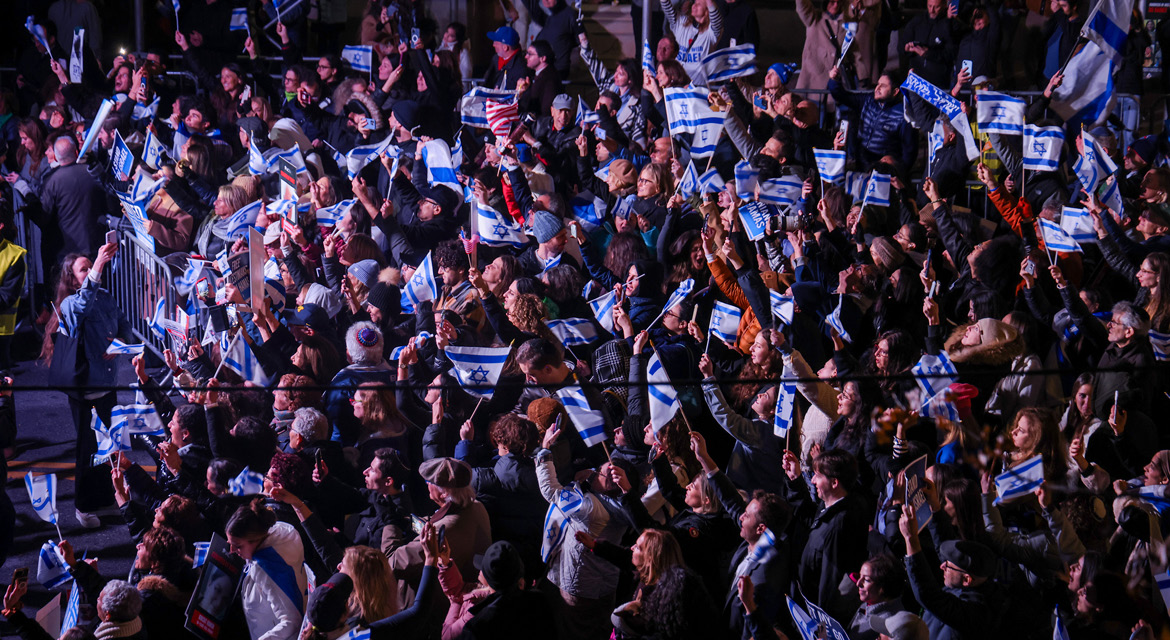In April 2002, I took my eldest son, who was just 9 years old, to Washington, D.C., to march for Israel.
It was during the Second Intifada, when Israel was defending itself against suicide bombings at cafes and pizzerias that had made daily life untenable. Though my son was only in fourth grade at the time, I wanted him to look out on our nation’s capital and witness our people and our allies as far as the eye could see. I wanted him to know that even as a child, his voice mattered. And I wanted to teach him that the Jewish people will not stand silent — we fight for what's right. And we support each other.
The Washington Post reported the next day: “The cause of Israel drew a multitude of Americans yesterday to the historic West Front of the U.S. Capitol…”
It went on to note one of the more renowned speakers:
“‘This day will be remembered in the history of American Jewry,’ Elie Wiesel, the Nobel Prize-winning author and philosopher, told the audience from the podium, adding that those in attendance would have something to tell their grandchildren one day.”
I also vividly remember, as a much younger man, attending the historic rally in Washington on behalf of Soviet Jewry in 1987 and the fierce sense of connection joining with hundreds of thousands of people demanding: “Let my people go!”
Once again, history is calling on us. On November 14, 2023, we’re gathering in Washington, D.C., for Israel, for the hostages, and against antisemitism.
Since the war began, UJA and our partner JCRC-NY have already organized two large rallies for Israel. The first was on October 10 in Dag Hammarskjold Plaza, where Governor Hochul and Mayor Adams expressed their unwavering support before a crowd of 25,000 people. And just this Monday, November 6, we gathered over 10,000 strong on the Upper West Side to mark 30 days (the Shloshim) since the October 7 massacre in Israel.

